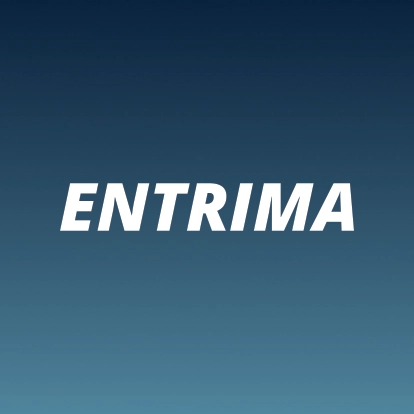Learning Platform - "Trade Compliance & Surveillance"
Course: Oil Markets
About the online training programme
This course examines the manipulation of the oil markets. Various practical cases are covered and insight is given in jurisprudence or enforcement actions.
Course contents
This course includes the following video lessons:
- Introduction
- Panther energy trading
- Arcadia Petroleum & Parnon Energy
- The hammer
- The intent of orders
- Reference price manipulation – Platts
- Reference price manipulation – Argus
- Crossing – BNP Paribas
- Disorderly trading BNP Paribas

